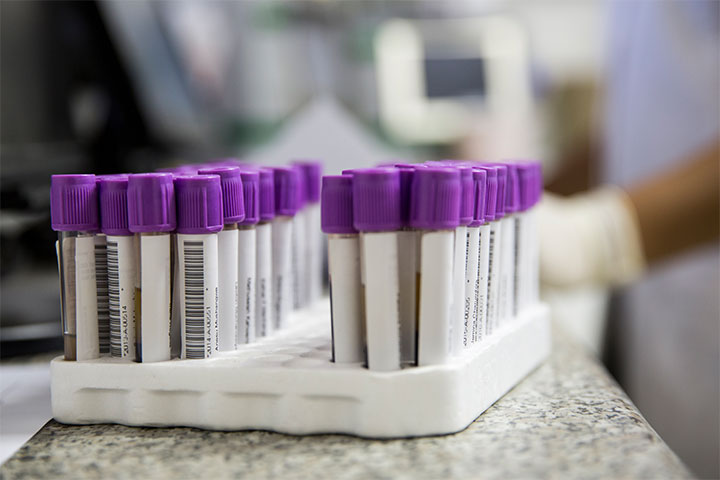What we did: We estimated new occurrence of cancer diagnoses among people living with HIV at Newlands Clinic, and determined:
- The most common cancer types
- Patient groups at high risk of developing cancer
- Whether linking different data sources allowed us to detect additional cancer cases.
How we did it and why: We combined records from Newlands Clinic and the Zimbabwe National Cancer Registry because cancer diagnoses might be missing from either database. We used record linkage methods to identify probable matches between the two datasets. Next, we computed the number of new cases over time and assessed risk factors for developing cancer.
What we found: The most common cancer types were those related to infections – cervical cancer, Kaposi sarcoma and lymphoma. Cancer risk was increased in people living with HIV who started antiretroviral therapy with a severely weakened immune system and in older people. More than half of the cancer cases were documented in one of the databases only.
What it means: Linking records from different databases improved the cancer ascertainment of cancer in this population. Starting HIV treatment early, before the immune system is severely weakened, may help prevent cancer among people living with HIV in Zimbabwe. Furthermore, since cervical cancer was the most common cancer type, offering HPV vaccination and regular cervical cancer screening is particularly important to reduce the cancer burden in this setting.

